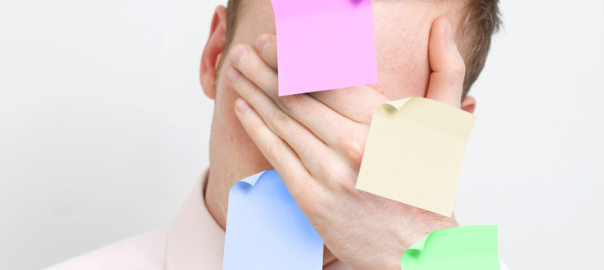If you’ve been considering trying acupuncture in Chapel Hill NC, you might be curious to know what exactly happens during your first appointment.
While it’s true that each acupuncturist is different, there are some things most acupuncturists will address the first time you step into their office. Knowing what to expect could make your visit more comfortable and will help you prepare so you can make the most of the consultation.
The First Step
Before any treatment can be decided, the acupuncturist will spend some time trying to understand what ails you. He or she will ask you to share information about your lifestyle, your medical story and any health concerns you may have. If this is the first time you’re trying acupuncture for a medical condition, the acupuncturist will explain what to expect in terms of discomfort, pain or side effects. He or she might also discuss the differences between traditional or Eastern medicine compared with what you’re used to in terms of treatment in Western medicine.
From here, the acupuncturist will decide the best course of action for you. He or she will discuss with you how many sessions are recommended and what to expect in terms of relief. Sometimes you can see results after just one appointment, but often it’s necessary to go through several sessions before you experience relief.
The First Session
In many cases, it’s possible to start treatment during your first visit. If this is your first time trying acupuncture, it might be a good idea to ask questions and discuss concerns. In general, acupuncture is not a painful experience. Needles most closely resemble the width of a single human hair. And, once the needle is in place, you shouldn’t feel any discomfort either. If you do, tell the acupuncturist immediately so he or she can adjust the position of the needle or try a different point.
During a session, needles are left in place for up to half an hour to stimulate the release of healing energy. The more quiet and relaxed you are during a session, the better the experience will be. Many people find acupuncture sessions relaxing and often drift off to sleep.
Follow-Up Treatment
Even if you experience some relief after your first treatment, chances are you will have to return for follow-up visits. This is because acupuncture is a form of therapy known as “cumulative medicine,” which means you get the best results after a few visits, as each treatment builds on the benefits of the previous session. Sometimes acupuncturists are unable to determine how long treatment will take until after they’ve completed 2-3 sessions. By then, any new concerns or changes in your body and condition can be discussed and an appropriate timing for the treatment decided.
Acupuncture can produce long-term results. For example, a study published in the Pain journal showed that acupuncture can provide benefits even six months after the last session. In the study, participants were treated with acupuncture over a period of eight weeks. When they returned for follow-up visits three and six months later, most participants reported ongoing relief compared with the control group that didn’t receive acupuncture treatments.
If you’re ready to give acupuncture in Chapel Hill NC a try, give us a call to schedule an appointment and to talk with one of our acupuncturists. Then download and print our new patient form and fill it out before your visit.




